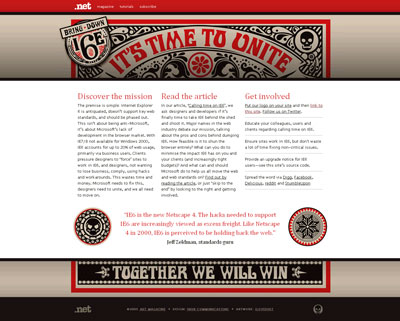Despite a €391 billion global market value for AI, 42% of companies have abandoned their AI initiatives due to fundamental flaws like 33-48% hallucination rates and an inability to reason, yet the most successful organisations are thriving by accepting these limitations rather than fighting them. Drawing on MIT research, industry case studies, and emerging neurosymbolic approaches, this article reveals how AI succeeds not as autonomous magic but as a collaboration tool requiring sophisticated human partnership. The winners aren't waiting for perfect AI; they're building systems that work with AI's actual capabilities today, treating it like electricity in the 1890s, a powerful technology that needs decades of complementary innovation before transforming productivity.


[...] obvioulsy it shows up browsers like IE. Don’t even dream of trying it with IE6, once again life would be so much better without IE6… No but seriously, don’t try it with IE6; you’ll either crash/freeze your [...]